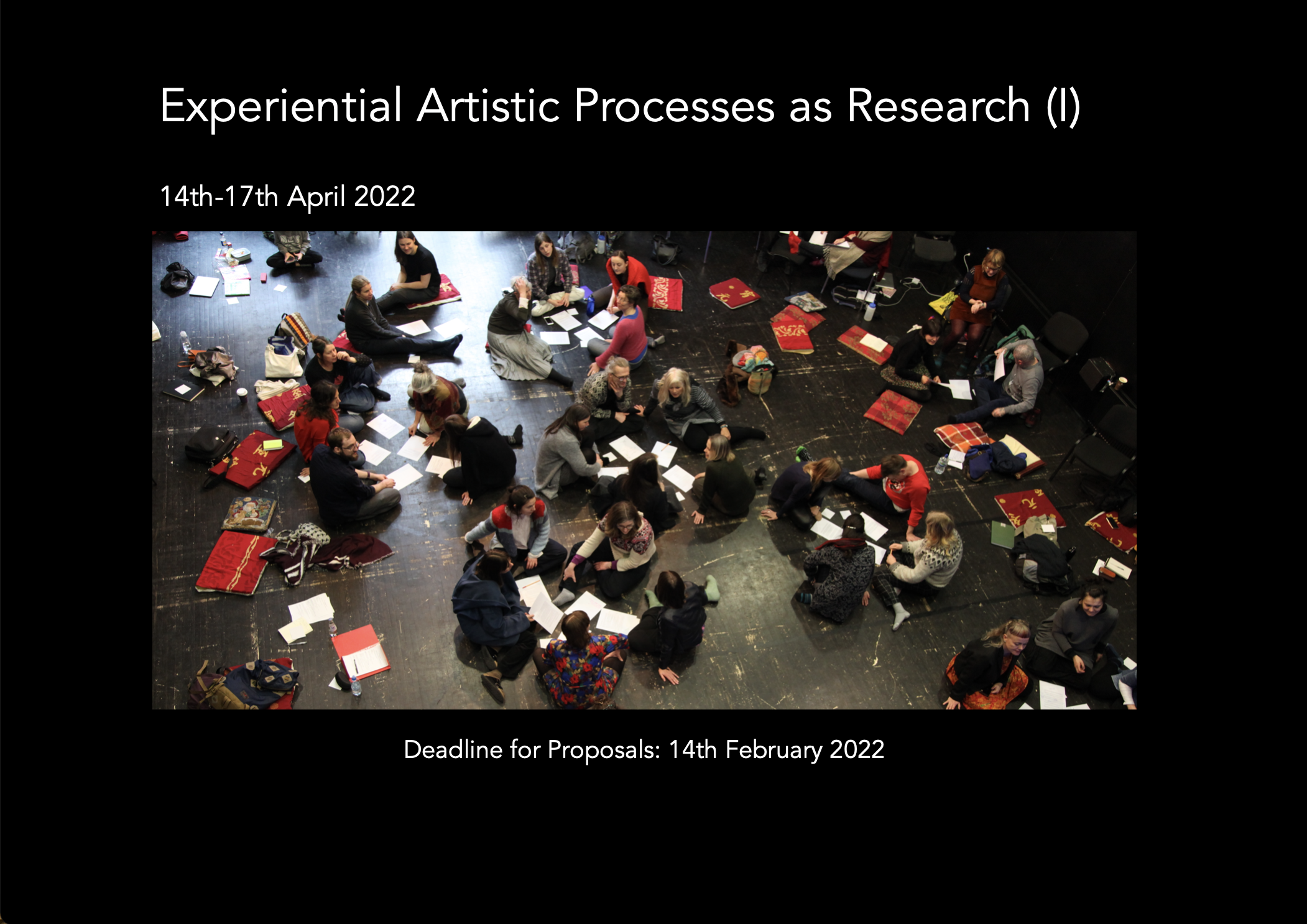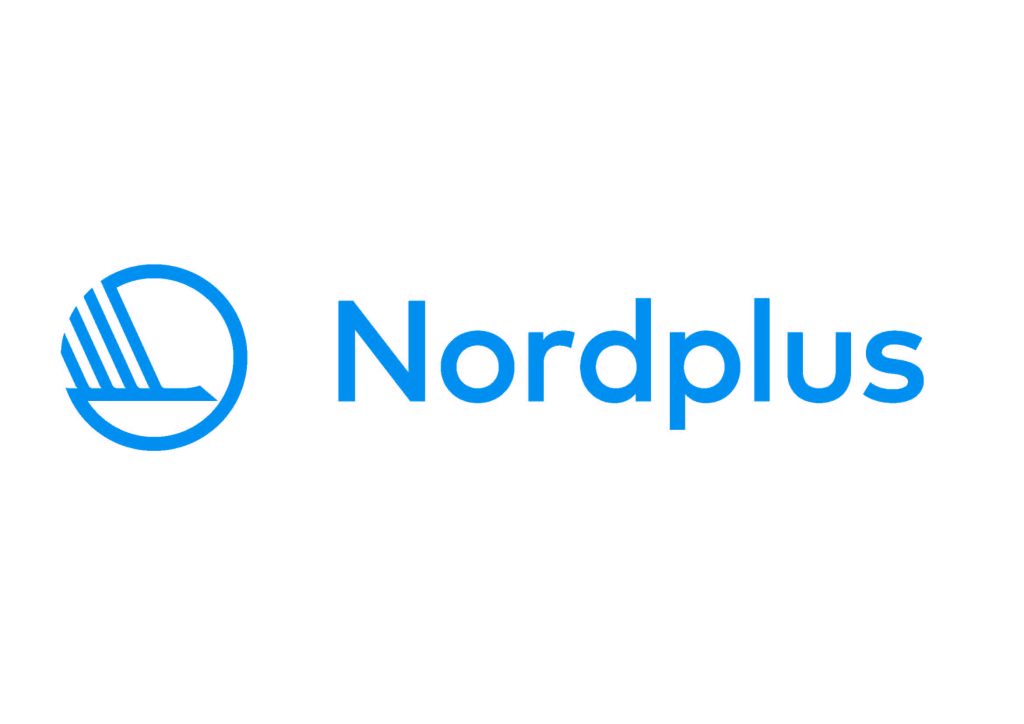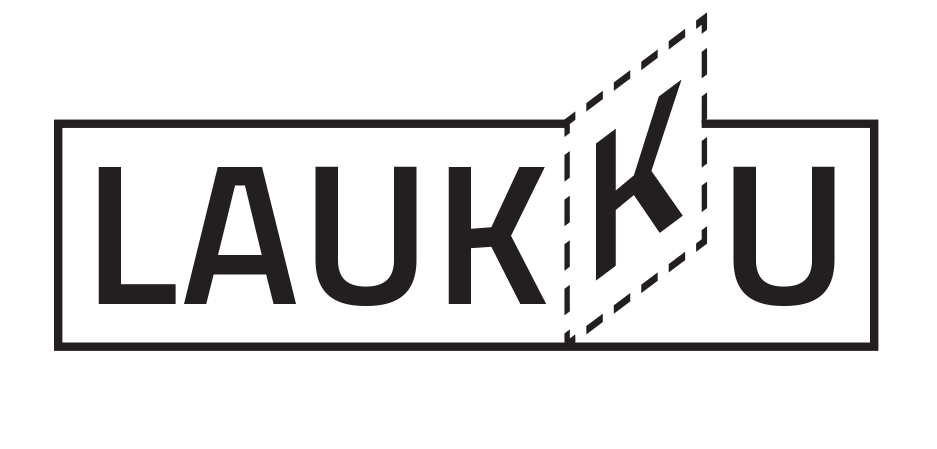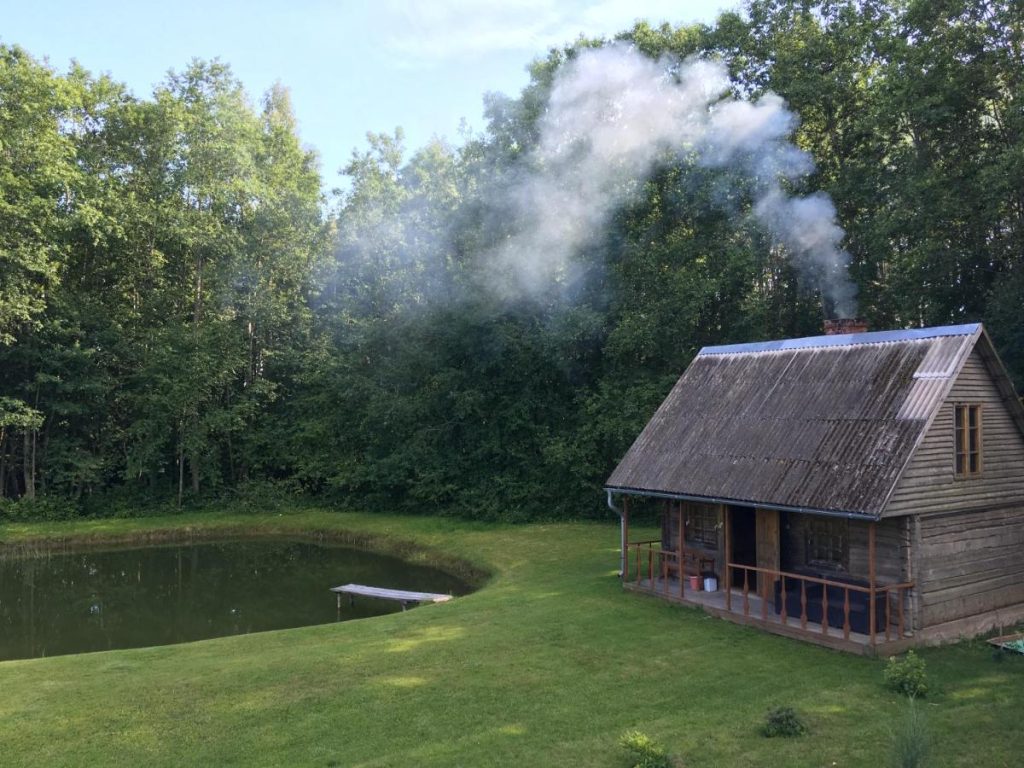
Experiential Artistic Processes as Research Symposium
The new iteration of Circle 7 will be focusing on the experiential in artistic practice, its methods, knowledges and processes. From 2022 until 2024, we will host biannual symposia, with the aim to create opportunities to explore plurality of experiences through art practice and to gather methodological abundance by investigating practice-based methods and research strategies. This will be done through questioning and evaluating the experiential as a form of artistic reflection and a means to move the practice forwards.
The first winter symposium will take place in Lāde, Latvia, in April 2022. Due to COVID-related uncertainties around travelling and gathering, this first symposium will consist of a reduced number of participants (up to 15). We encourage applicants to check the full list of proposed symposia at the end of this page, to select the one that they think will be more apt to their practices.
This symposium has been kindly supported by Nordplus and LAUKKU.


WINTER SYMPOSIUM 2022 Experiential Artistic Processes as Research I
Theme
The theme of this symposium is the experiential processes in artistic practice, your proposal can be focused on any topic with which your practice is currently engaged, provided it is experiential (involving or based on experience and observation).
Dates
Symposium dates 14th-17th April 2022. Deadline for submission of proposals 20th March 2022. Successful applications will be notified by 22nd March.
Place
Viesu nams Lauciņi, Lāde, Latvia. Closest Airport: Riga International Airport (47 miles). It is situated near the lakes Brunķītis and Lādes and the river Vitrupe. It features a communal kitchen, a sauna and a spot for wild swimming. The 200 m² Viesu Nams Laucini offers lounge, seating and TV. The venue has 8 bedrooms and 3 bathrooms. No internet access available. The accommodation is located within 1.5 miles from the city centre. The villa is located a 30-minute drive to Sigulda.

Fees
Symposium fee €100 (comprises accommodation for 3 nights in shared room, all meals included and transfer to and from Riga city).
Annual NSU membership:
Institutional NSU membership €25, other NSU membership €10, free NSU membership €0
If you need help with funding please contact the coordinators via email: marina.velez@marinavelez.com
Participants will be responsible to make their own travelling arrangements to a convened place and time in Riga on Thursday 14th April. A minibus will collect the group and transfer to the accommodation facility in Lāde. Transfer back to Riga will be offered on Sunday 17th April after check out.
Research Questions
Taking the questions How do knowledges emerge in artistic research practices through the experiential? and What kind of knowledges are they? as a starting point, this symposium will provide opportunities for investigating and experiencing other forms of knowledge through building trust in imagination, intuition and working-with others in the artistic practice process.
The focus of this symposium is the investigation of the methods, knowledges and reflective processes involved in artistic practice research in a collective effort to explore and articulate how, in artistic research, experience informs experience and the experiential changes the researcher and the practice as it unfolds.
Theoretical Framework
Experience is what different disciplines of artistic research have in common, as Mika Hannula states, ‘artistic research is a way in which experience reflectively changes itself’ (Hannula et al, 2005, p. 39). As such, it is different from other types of research as it merges subject, researcher and process in the experiential as a way of advancing practice.
The question of what constitutes artistic research will also consider the relevance of the ‘not yet’ (Rogoff, I. 2021) in the artistic research process, as artists work from conditions rather than from inherited knowledges, positioning practice research towards the not yet known or the not yet articulable. Exploring, identifying and sharing methodologies will contribute to expand practice based doctoral research, which is relatively young compared to doctoral research in other disciplines, and it might still be trying to establish its own methodologies and what constitutes academic research rigour. One example of this is Mika Hanulla’s definition of practice based artistic research as ‘Like trying to run in waist-high new snow: you sweat a lot, it’s rather difficult and not very elegant, but if you keep doing it consistently and coherently, you will get through.’ (Hannula, 2005, p. 22).
Structure of the Symposium
Each participant’s presentation/seminar/workshop will be followed by moments of reflection (of what was experienced in the presentations), weaving moments of ’learning by doing’ and ‘learning by reflecting’.
The opportunities for reflection directly after each session will follow set questions that will be common to all the symposia throughout the three year duration of the cycle. The idea is to create spaces for dialogue and reflection, loosely inspired by Dialogue-A Proposal by Bohm, Factor and Garret, and also embracing non-verbal feedback and communication. These spaces for reflection will be essential in providing material for the final publication and equally, providing participants with a ‘breathing out’ or ‘digestive’ moment after each presentation. The answers, contributions and expressions gathered during each period of reflection will be compiled into an anthology after completion of the cycle. This will take the shape of a ‘carrier-bag’ of experiential knowledges in artistic research. The three-year cycle will become one collective meta-research, which will be made available to artists working in academia, researchers, educators and artists working outside academia as well as the general public. The document will be published and made available online, and a paper publication will be contemplated as a pre-order system for sustainability.
Aims
The aims of this symposium are linked to its structure, which will provide ample space and time for reflection. We intend to create spaces for exploring artistic methodologies with the aim to develop reflection as a means to address the experiential in knowledge-making and processes of artistic practices. This is done in the belief that critically investigating the artistic research process will promote understanding of the role of the experiential in artistic practices and will provide a framework from where to explore reflection to develop artistic practices as other forms of cognising.
Through the collective reflection of the practices during the symposium, the intention is to strive for mutual empowering of the researches through mutual support and feedback. The framework for reflection hopes to facilitate a space to witness each other’s practices, in an attentive and non-judgmental manner. The period of reflection will also provide the necessary time to decompress and restore in-between the presentations/experiences.
Based on the idea that artistic experience is an active process, which differs from other knowledge-making processes (Dewey 1934, Polanyi 1966, Piccini and Kershaw 2003), specific questions will be employed as guidelines during the reflective periods.
Submission of Proposals
Submissions must be related to the theme of the symposium.
Submissions can be of any genre, any mix of genres, disciplines and media.
Submissions must include your name, your country of residence, a short bio about you (200 w max), the title of your presentation and a short abstract (300 w max). You can include up to 3 photographs. Should you need a projector please state this in your submission.
Submissions must be emailed in a PDF no larger than 10 Mb to marina.velez@marinavelez.com
NSU
The Nordic Summer University is a nomadic, academic institution, which organises workshop-seminars across disciplinary and national borders. Since it was established in 1950, the Nordic Summer University has organised forums for cultural and intellectual debate in the Nordic and Baltic region, involving students, academics, artists and intellectuals from this region and beyond.
Decisions about the content and the organisational form of the Nordic Summer University lay with its participants. The backbone of the activities in the Nordic Summer University consists of its thematic study circles. In the study circles researchers, students and professionals from different backgrounds collaborate in scholarly investigations distributed regularly in summer and winter symposia during a three-year period.
The Nordic Summer University is committed to the principle of sustainability. At our symposia we offer vegetarian/vegan food only and aim towards zero waste. We thus invite members to bring their own reusable coffee cup and water bottle to the symposia and to consider carefully the carbon footprint of their travel choices.
For more information www.nordic.university
The three year cycle will include the following symposia:
1- Experiential Artistic Processes as Research I, winter 2022
2- Experiencing Artistic Research Through the Senses, summer 2022
3- Social Distance, Social Togetherness and the Experience of the Other, winter 2023
4- Cognition in the Experiential in Artistic Research, summer 2023
5- Transformative & Emancipatory Processes in Artistic Research, winter 2024
6- Experiential Artistic Processes as Research II, summer 2024